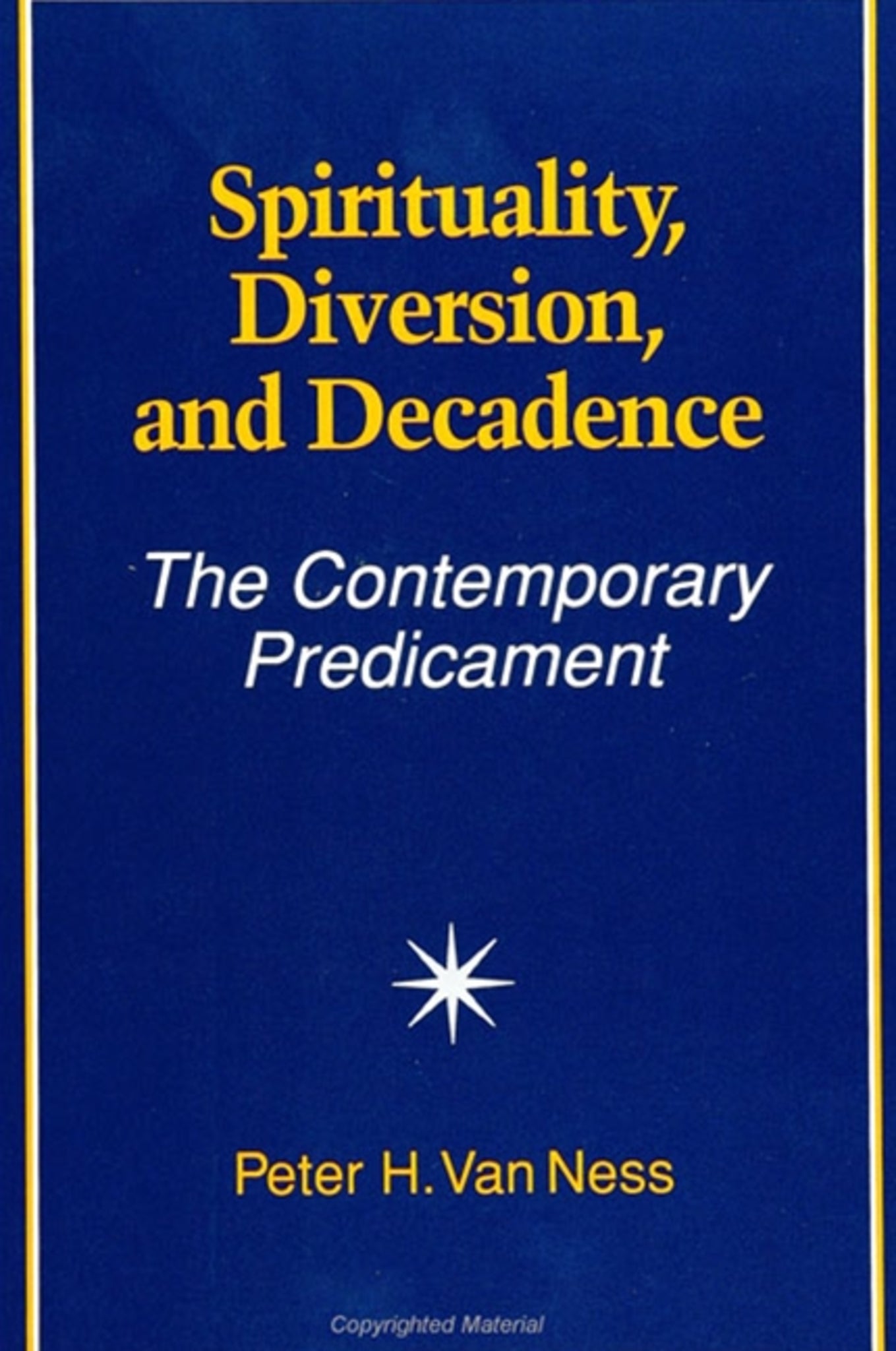We're sorry. An error has occurred
Please cancel or retry.
Spirituality, Diversion, and Decadence

Some error occured while loading the Quick View. Please close the Quick View and try reloading the page.
Couldn't load pickup availability
- Format:
-
05 November 1992

This book presents a philosophical rethinking of the meaning and nature of spiritual discipline. It offers a new way of describing and justifying practices like praying, meditating, fasting, and yoga, and it provides an innovative case for their contemporary importance.
Spiritual discipline is especially effective at combatting Pascalian diversion, the pursuit of activities that occupy the mind just enough to avoid thinking about important things; and Nietzschean decadence, the proclivity for extirpating instinctive drives instead of satisfying or sublimating them. In addition to overcoming diversion and decadence in contemporary consumerist culture, VanNess recommends spiritual discipline as a means of political resistance to powerful institutions which seek to exercise social control in democratic societies by promulgating addictive patterns of consumption.
Finally, he argues that regimens of spiritual discipline can serve healthful and liberating purposes, and generally promote fullness of life, only insofar as they are shaped by an ethos of intellectual criticism and aesthetic experimentation.


"This is a more interesting and insightful approach to the topic of spiritual discipline than I have previously encountered.
"The major problem with contemporary religion (especially Western) is its lack of effective spiritual disciplines—witness the fascination with the disciplines of the East. Add to that the fact that as religion in the traditional sense decreases in popularity, spirituality increases." — Harold Coward, University of Calgary
"The book shows tremendous erudition, depth, and perception, and carries its argument through in a most impressive and systematic manner. It is very rich in detail and provides valuable information on the subject with which it deals. It also is provocative, original, and profound. It is one of those books one would like to discuss with its author." —Klaus K. Klostermaier, University of Manitoba
Preface
Introduction: On Praxis and Pleroma
I. The Philosophical Problem
1. A Historical Perspective
2. A Contemporary Evaluation
II. Categoreal Themes and their Practical Applications
3. Semiotic Self-Reference
4. Physical Symmetry
5. Biological Equilibration
III. Rethinking the Nature of Spiritual Disclipline
6. Nietzsche's Negation
7. A Novel Response
Conclusion: Beyond Diversion and Decadence
Notes
Select Bibliography
Index



